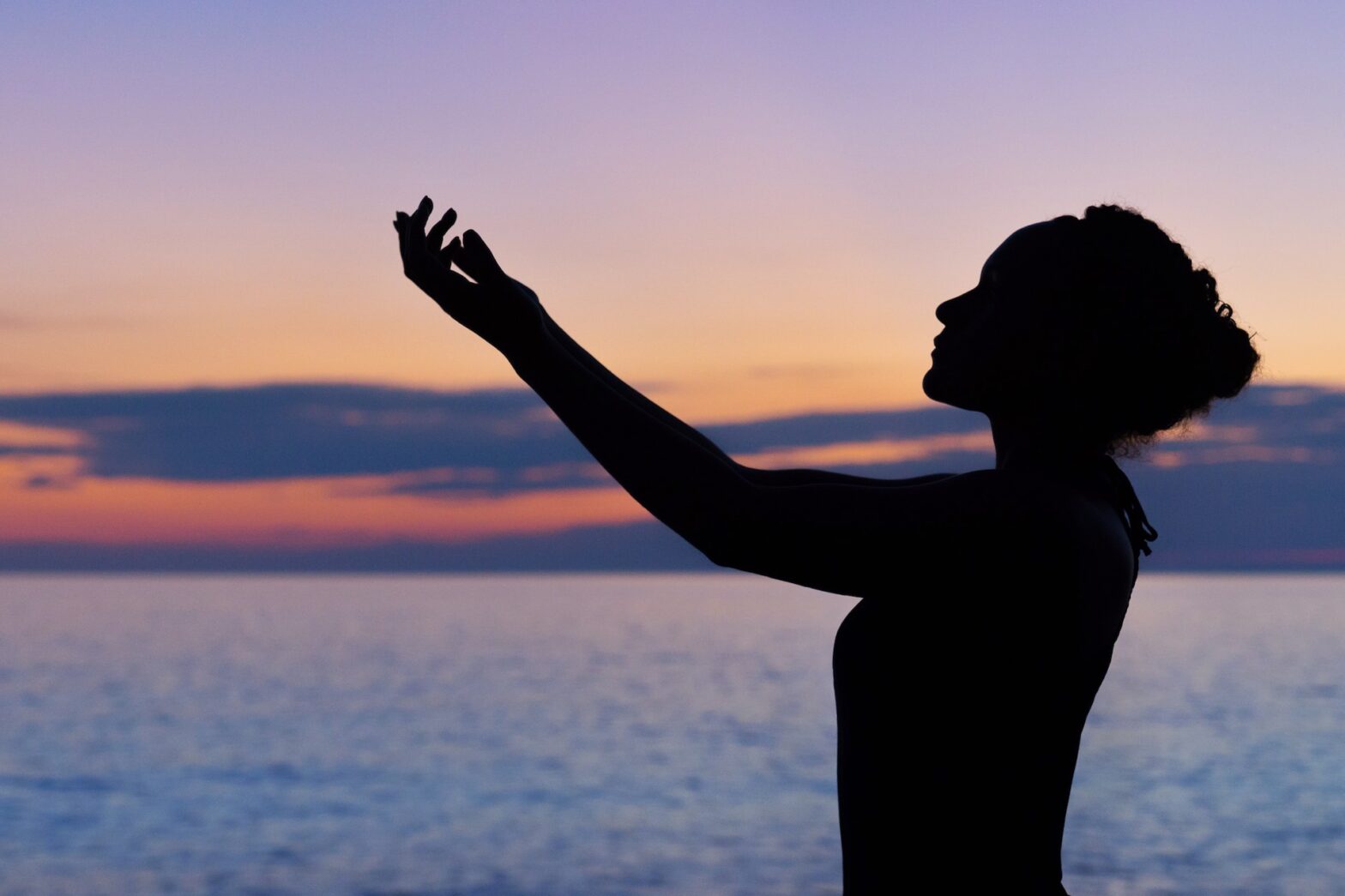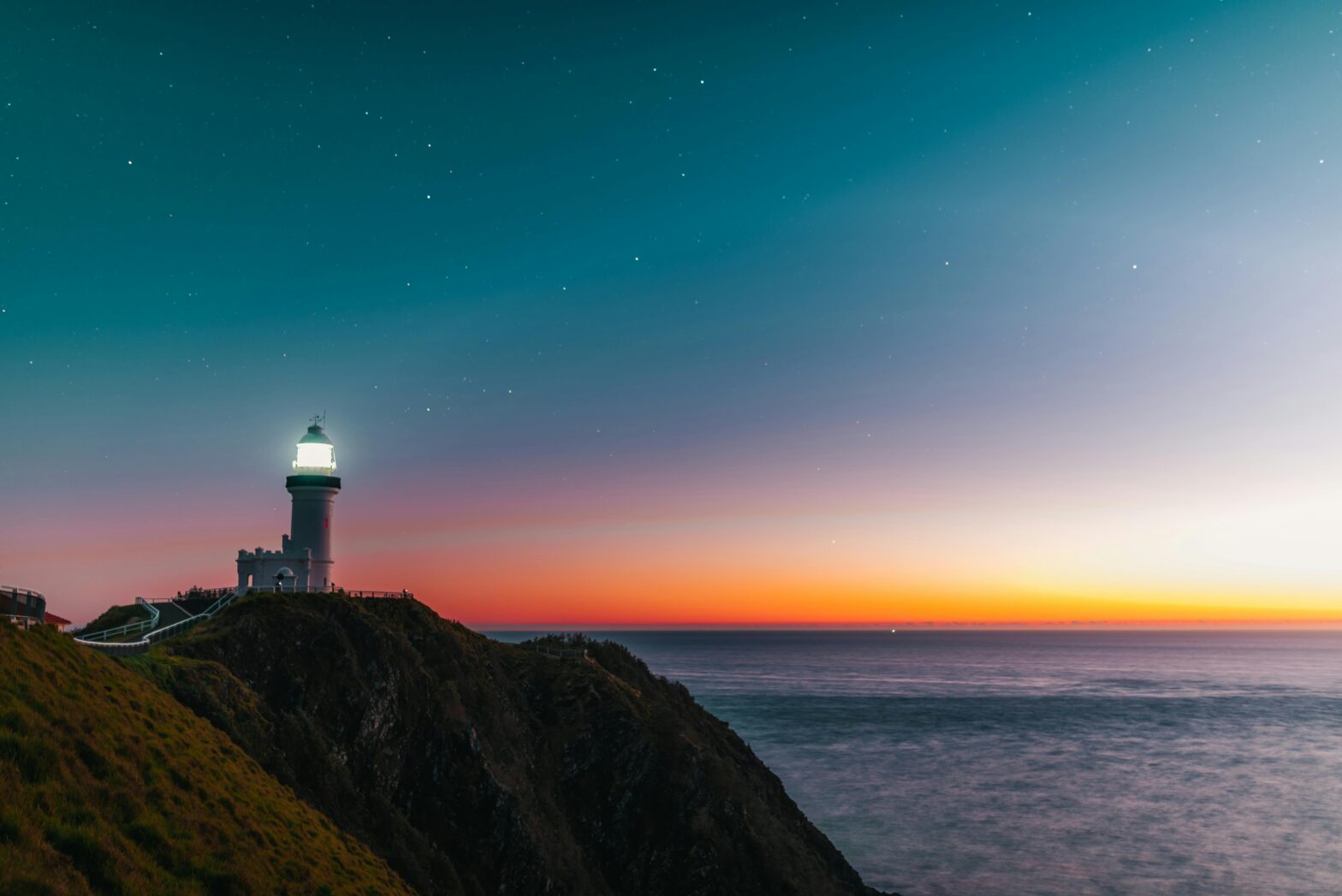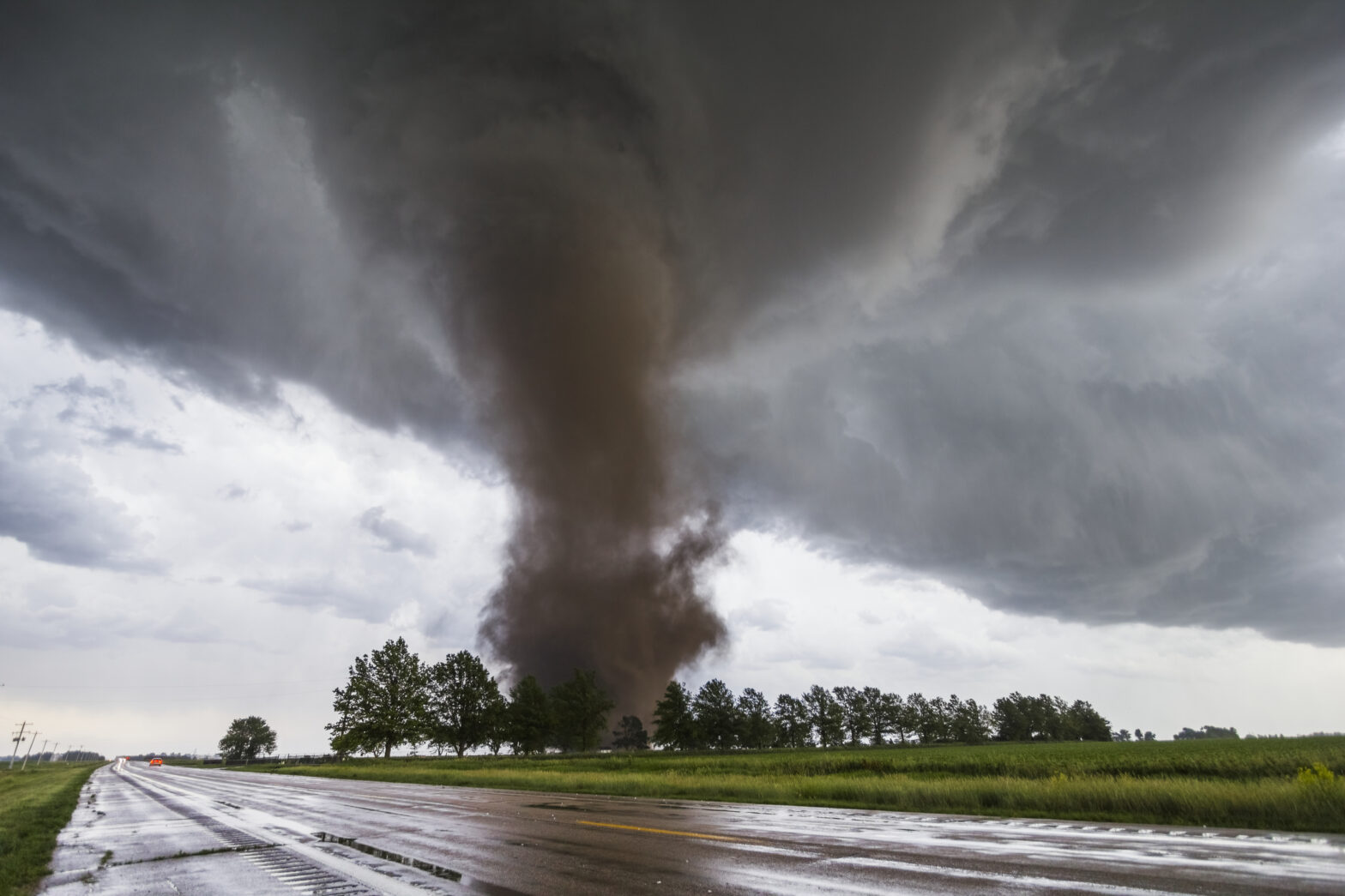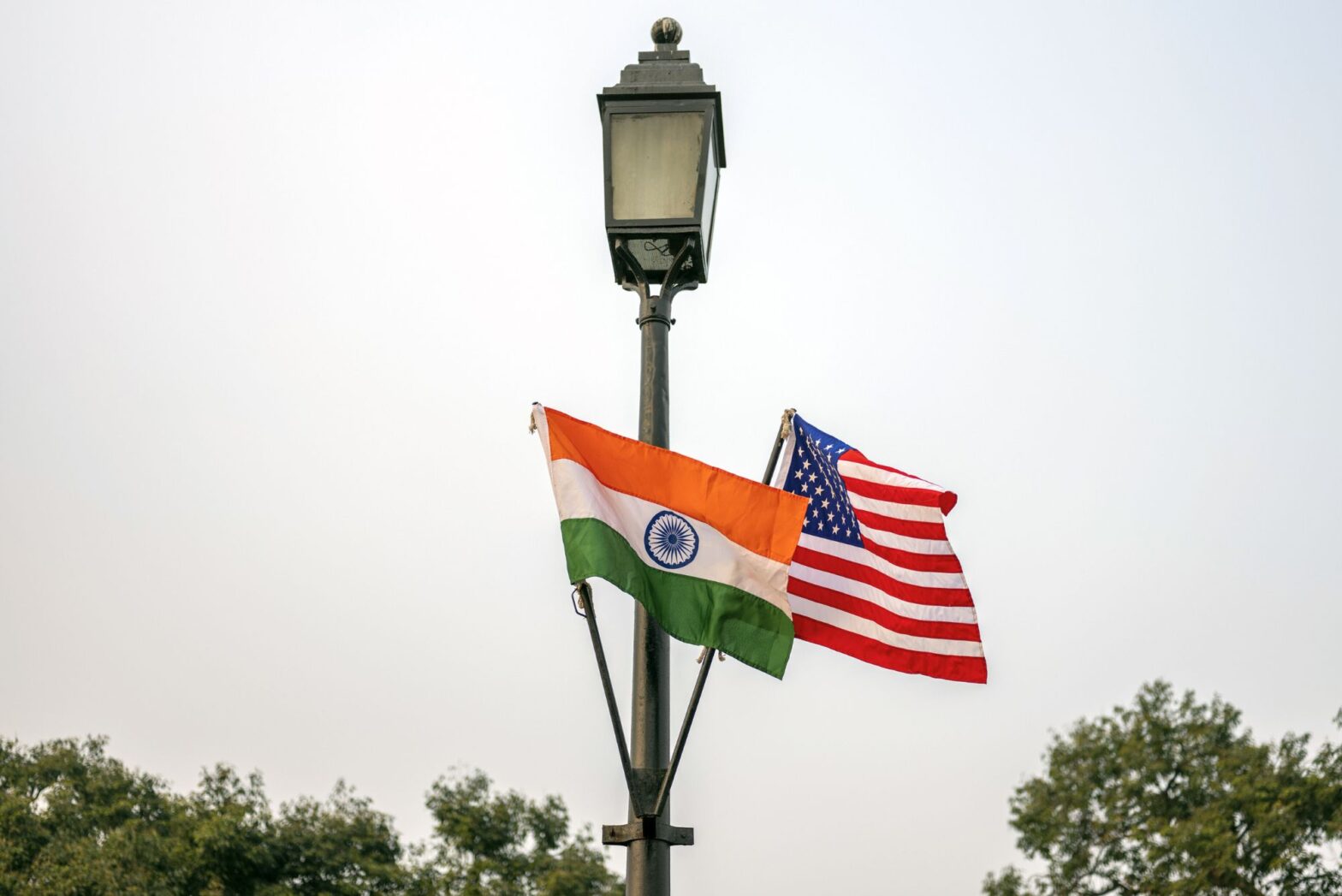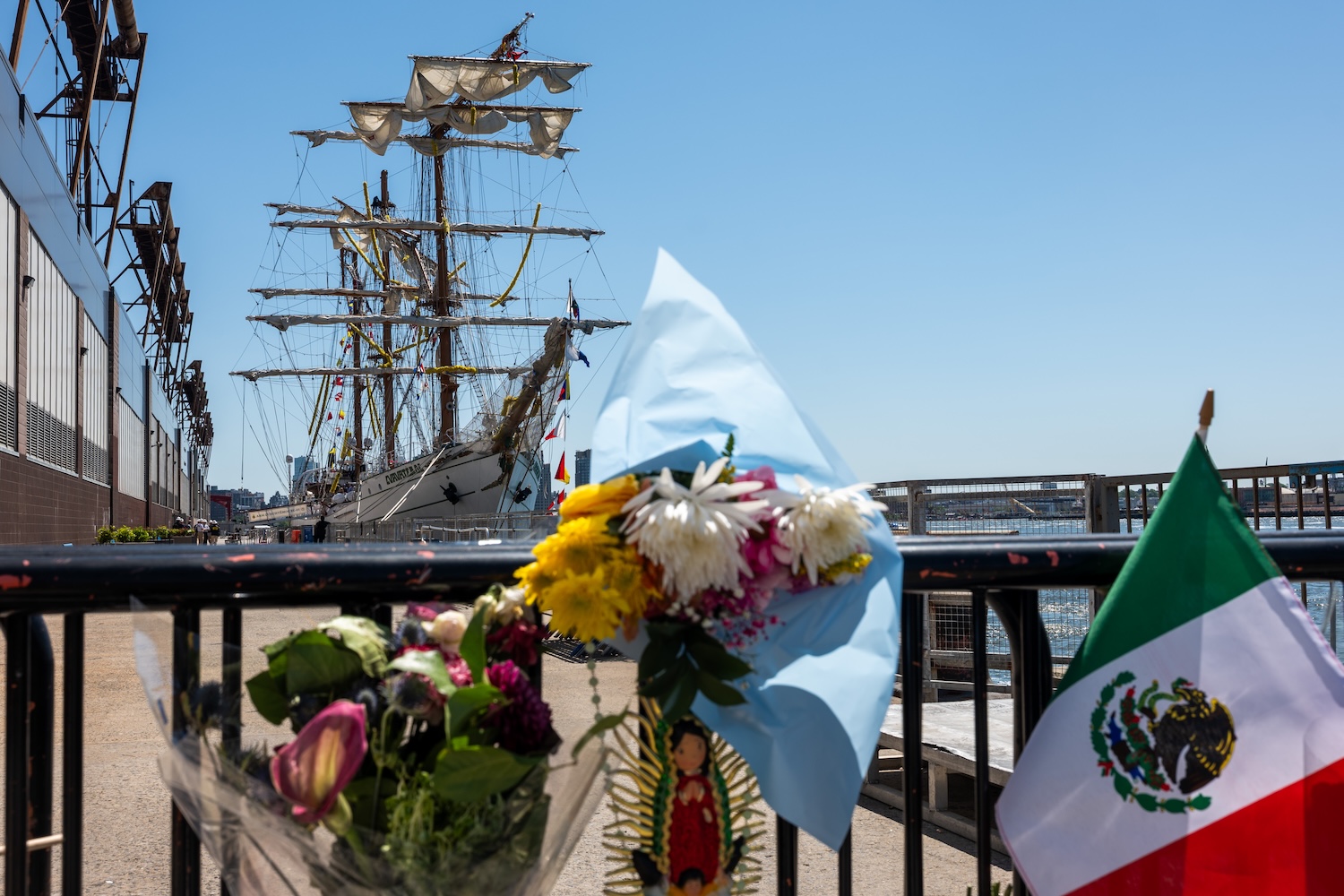In the lush heart of the Amazon rainforest, a profound and ancient tradition known as the Ayahuasca retreat often attracts people who seek spiritual enlightenment, healing, and self-discovery. This mystical journey, shrouded in centuries-old rituals, is a sacred practice that is now gaining global recognition for its transformative potential in the modern world. The centerpiece of any Ayahuasca retreat is the sacred ceremony. Participants gather in a ceremonial space led by a shaman, or “ayahuasquero,” who serves as the spiritual guide through the experience. The ceremony typically takes place at night, often in a Maloka (a traditional Amazonian meeting house), and is a solemn and reverent affair.
What Is the Ayahuasca Experience?
Ayahuasca, a powerful psychoactive plant brew, is one of the most important parts of this retreat. It is a potent concoction of the Banisteriopsis caapi vine and the leaves of the Psychotria viridis plant. The brew is consumed during the ceremony, and its effects begin to unfold within about 30 minutes. The ayahuasca brew interacts with neurotransmitters in the brain, leading to altered states of consciousness. It is believed to allow access to the subconscious mind, where suppressed memories and emotions can surface and be processed. This cathartic release often leads to profound healing and a shift in one’s perspective on life. Participants often describe their experiences as a profound journey into the depths of their consciousness.
Are Ayahuasca Retreats Safe?
Safety is a paramount concern for those considering an Ayahuasca retreat. While Ayahuasca itself is not considered physically harmful, the experience can be emotionally and mentally challenging. Retreat centers are generally committed to providing a safe environment, including qualified shamans, medical support, and psychological assistance if needed. However, individuals with certain medical conditions or psychiatric histories should exercise caution and consult with healthcare professionals before embarking on one.
Why Do People Seek Ayahuasca Retreats?
Ayahuasca retreats attract a diverse array of participants, each motivated by unique reasons. Some come in pursuit of healing from trauma or addiction, seeking emotional release and personal growth. Others embark on this journey to explore their spirituality, gain clarity on life’s purpose, or simply experience a profound adventure.
What Does Ayahuasca Do to Your Brain?
Ayahuasca’s effects on the brain are a subject of ongoing research. Studies suggest that the brew’s active compounds, DMT and harmine, influence serotonin receptors, leading to changes in perception, mood, and consciousness. These neurological alterations are believed to play a role in the therapeutic and transformative potential of Ayahuasca.
The Ayahuasca retreat experience is a complex and multifaceted journey, intertwining ancient shamanic traditions with modern desire for personal growth and healing. Although it offers a path to self-discovery and spiritual enlightenment, it is important to approach an Ayahuasca retreat with caution, reverence, and respect for the sacred traditions and the brew itself.
